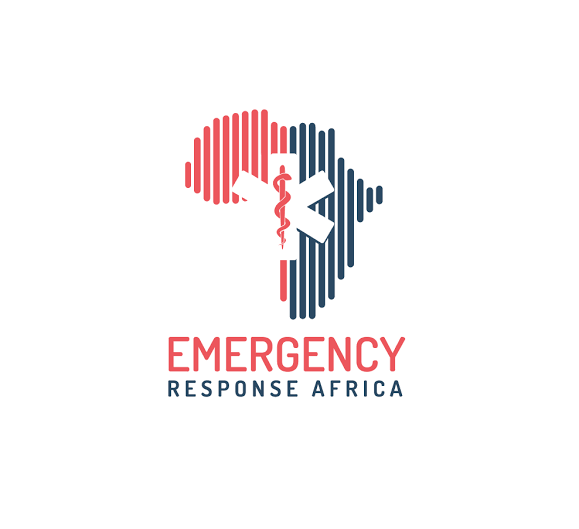…Calls for urgent action
By Chinenye Anuforo
A crucial summit hosted by Emergency Response Africa (ERA) has shed light on the severe deficiencies plaguing Nigeria’s emergency care system, with experts calling for immediate and collaborative action.
The inaugural Prehospital Emergency Care Stakeholder Summit, “Beyond the Ambulance,” convened healthcare executives, policymakers, and industry leaders to address the alarming state of emergency medical services in the country.
The stark reality of Nigeria’s emergency care infrastructure was underscored by statistics presented at the event: a mere 0.4 ambulances per 100,000 people, significantly below the World Health Organization’s recommended ratio of one per 10,000. This critical shortage contributes to a high rate of preventable deaths, particularly among mothers and newborns, with over 80 per cent and of maternal deaths deemed avoidable with timely emergency intervention.
Folake Owodunni, CEO of ERA, opened the summit, emphasizing the urgency of the situation and the necessity for innovative solutions. Key dignitaries, including Dr. Saidu Ahmed Dumbulwa of the Federal Ministry of Health and Social Welfare, and Dr. Abike Dabiri-Erewa, CEO of the Nigerians Diaspora Commission, echoed these concerns.
Dr. Benjamin Wachira, from Aga Khan University, delivered a keynote address advocating for technology-driven approaches to prehospital care, while Dr. Tomi Coker, Commissioner for Health in Ogun State, presented a detailed overview of the state’s efforts to combat maternal and neonatal mortality through the MAMII initiative. Coker’s presentation highlighted the critical need for infrastructure development and the integration of technology to enhance maternal and newborn survival rates, a challenge that is reflected country wide.
Panel discussions and case studies focused on building sustainable emergency response systems, leveraging technology, and establishing effective policy frameworks. The Fund for Innovation in Development (FID), a key financing partner of the Edo Emergency Medical Service (EDOEMS) project, was recognized for its role in supporting innovative healthcare solutions. Amina Zakhnouf, Investment Officer at FID, emphasized the importance of innovation in addressing critical healthcare challenges.
“At FID, we believe that innovation is key to solving some of the world’s most pressing challenges, including poverty, inequality and access to emergency medical services. By supporting projects like EDOEMS and the Prehospital Emergency Care Stakeholder Summit, we are helping to create scalable solutions that can transform emergency care in Nigeria and beyond.
We are excited to see the impact of these interventions in saving lives and improving health outcomes,” she said.
Nigeria faces a severe shortage of emergency medical services, with only 0.4 ambulances per 100,000 people—far below the WHO’s recommendation of one per 10,000. This lack of emergency care contributes to preventable deaths, particularly among mothers and newborns. More than 80% of maternal deaths in Nigeria could be avoided with timely emergency care, underscoring the urgent need for improved access to lifesaving medical services.
The summit concluded with a strong call for public-private partnerships to scale emergency response systems nationwide. Owodunni stressed the necessity for increased collaboration between governments, private sector entities, and development partners to drive sustainable reforms in Nigeria’s healthcare ecosystem. ERA reaffirmed its commitment to working with state governments to implement and enhance emergency medical systems.
